Elephants in Thailand: Facts, Elephant Riding & Where to See?
Elephants are stunning and majestic animals that have long been important in Thai history and culture. Thousands of elephants live in Thailand today, and visiting elephant parks and sanctuaries is a major attraction for many visitors. Seeing these animals in their natural environment is an incredible experience. To help you get ready, here are some facts about elephants in Thailand, elephant riding, and where to see them!
![]() Can I Ride the Elephant and Swim with the Elephants in Thailand?
Can I Ride the Elephant and Swim with the Elephants in Thailand?
![]() The Best Places to Play with Elephants in Thailand
The Best Places to Play with Elephants in Thailand
Elephants in Thailand Today
Thailand is one of the only countries that has a National Elephant Day. Celebrated on the 13th of March, it recognizes the important influence of elephants on Thai culture. They are the national animal of Thailand. Drawings of elephants can be found decorating the walls of temples all over the country.
The historic use of elephants in war, industry, and religion led to them becoming symbols of wealth and power. In warfare, they were ridden in battle dressed in shining armor. Their strength was used in industries such as logging to haul heavy loads. Elephants have also been used in royal ceremonies and Buddhist ceremonies. The animals were adorned with colorful decorations and led parades and royal processions.

The elephants in royal processions of Thailand
The future of elephants in Thailand is uncertain. Thailand's elephants are an endangered species, with just over 7,000 elephants in the country. That number is down from a population of around 100,000 in the early 1900s. Today's remaining elephants include about 4000 in captivity, some in tourist camps, others in sanctuaries and elephant parks. Meanwhile, 3,000 still roam freely as the only remaining wild elephants. However, wild elephants are threatened by habitat loss and increasing human population.
In recent years, there has been a growing awareness of this problem. Government and numerous conservation organizations focus on elephant protection. For example, Elephant Nature Park in Chiang Mai serves as a sanctuary for a herd of rescued Asian Elephants and an education center for people who love the animals and are concerned about the environment. Additionally, ethical practices have started changing how the tourism industry uses elephants. Today, we can see more and more elephant parks and sanctuaries working to end the exploitation of elephants.
Can I Ride the Elephant and Swim with the Elephants in Thailand?
Interacting with elephants has been a main attraction for visitors having a Thailand tour for a long time. You can find places that offer element rides or swimming with elephants, but it is best to choose not to go to these places. Elephants in captivity at parks that offer elephant rides have often been captured from the wild and subject to strict training to manage their behavior. Some cruel practices are used to ensure they are ready to entertain people, and their lives in service are not much better.

Swim with the elephants in Thailand
Being ridden is not a natural activity for an elephant. Having a chair strapped to their back and carrying people around is uncomfortable for the animal and can even cause spinal injuries. Elephants are intelligent and emotional animals that can feel happiness, sadness, and pain. Forcing them to act against their natural instincts can cause stress and impact their mental health.
Swimming with elephants is not much better. Elephants mainly go in the water as part of bathing, and it is unhygienic to be in the water with them. Parks that allow people to swim with elephants force the elephants to spend long times in the water. This not only creates stress for the animal, but also raises the risk of injury.
The better choice is to visit ethical elephant sanctuaries where you can see the animals in their natural habitat and be sure they are protected and cared for. Many responsible sanctuaries exist around the country where elephants are treated well.
The Best Places to Play with Elephants in Thailand
Where to see elephants in Thailand? Over several years, we have compiled a list of Thailand's best sanctuaries where you can be sure the elephants are treated properly. Here are the top 3.
Elephant Nature Park
Location: 1 Ratmakka Road, Phra Sing, Chiang Mai 50200, Thailand
Opening Time: not fixed, contact in advance
Price: from 3,500 THB ($97 USD) (Child – 50%, children’s ages: under 12)
Located in Chiang Mai, Elephant Nature Park is one of Thailand's most famous conversation parks. It was the first elephant sanctuary in Asia. Founded by the award-winning conservationist Lek Chailert, the park focuses on elephant rescue and rehabilitation, taking elephants that were forced to work in tourism or logging and giving them a new, safe home. Visitors can observe and interact with the elephants or take part in volunteer activities such as preparing food for the animals. It takes 1.5-2 hours to get there by car from Chiang Mai.

A harmonious scene: Tourists feeding a cute elephant
Boon Lott's Elephant Sanctuary
Location: 304 Mu 5, Baan Na Ton Jan Tambon Baan Tuek, Si Satchanalai, Sukhothai, Thailand
Opening Time: not fixed, contact in advance
Price: 7000 THB ($194 USD), adult/night (Child – 50%; children’s age: under 12)
With over 600 acres of forested land, this sanctuary offers rivers, grassland, and trees for the elephants to roam in. Located a 1.5-2 hour drive from Sukhothai, you can stay for half-day, full-day, or overnight tours staying at one of the three guesthouses. This is one of the best places to observe elephants in their natural environment. The elephants freely roam the grounds, grazing and swimming.
Friends of the Asian Elephant Hospital
Location: MaeYao National Reserve, in Lampang, Thailand
Opening Time: not fixed, contact in advance
Price: no admission fee
Located in Mae Yao National Reserve, in Lampang, a 30-minute drive from Lampang City. It is one of the only elephant hospitals in the world. Since 1993, they have tended to over 5,000 elephants, nursing them back to health. They offer standard visits (1-2 hours) and educational visits (2-3 hours) to learn about the hospital's work and conservation efforts. Additionally, they have longer volunteer visits that last from 1-2 days to several weeks. On these visits you can work closely with the staff and elephants preparing their food and helping to clean their living places.
More Thailand Elephant Tour Tips
If you're planning to experience seeing elephants in Thailand, here are a few essential tips to remember.
1. Visit ethical sanctuaries:
Choose to visit sanctuaries or rescue centers that focus on ethical treatment and animal welfare.
2. Avoid elephant riding and shows:
Avoid participating in elephant riding or shows where elephants are forced to perform tricks. These places can cause harm to the elephants.
3. See elephants in their natural environment:
Ethical sanctuaries will home the elephants in their natural environment. You can observe the elephants' natural behavior there, confident they are not being mistreated.
4. Learn about conservation efforts:
Take the opportunity to learn about conservation efforts and responsible tourism practices. Ask questions and discover what is being done to ensure the elephants' future.
5. Follow the rules:
Follow the rules and guidelines set by the sanctuaries. These rules are in place for your safety and the elephants.
Conclusion
Elephants in their natural environment are a majestic sight and an experience that you will never forget. Visitors to Thailand can contribute to the long-term future of elephants by choosing to support ethical sanctuaries that rescue, rehabilitate, and protect the animals. We can help you find the right way to enjoy the spectacular elephants of Thailand. Contact us to start planning your tour!
More Related Travel Planning Articles
Most Popular Thailand Tour Packages
-
 6 Days Splendid Pattaya Tour Package
6 Days Splendid Pattaya Tour PackageBangkok - Pattaya - Bangkok
This tour blends culture, relaxation, and natural beauty. Explore Bangkok's temples and enjoy a traditional Thai massage ...
-

 7 Dasy Thailand Golden Triangle Exploration Tour Package
7 Dasy Thailand Golden Triangle Exploration Tour PackageChiang Mai – Doi Inthanon National Park - Chiang Rai – Golden Triangle - Chiang Mai
Celebrate the beauty of northern Thailand in just one week. Start in Chiang Mai with a Thai cooking class and nature explorat ...
-
 8 Days Thailand Island Hopper Tour Package
8 Days Thailand Island Hopper Tour PackagePhuket – Koh Phi Phi – Krabi
Get ready for an unforgettable island tour in Thailand! From the bustling city of Phuket to the tranquil Phi Phi Islands ...
-
 16 Days In-depth Thailand Tour with Phuket
16 Days In-depth Thailand Tour with PhuketBangkok - Kanchanaburi - Ayutthaya - Chiang Rai - Golden Triangle - Chiang Mai - Phuket
This 16 days in-depth Thailand Tour with Phuket fits for those who want to enjoy a tour in Thailand combining cultural attrac ...
Ask Us A Question For Free

.gif)













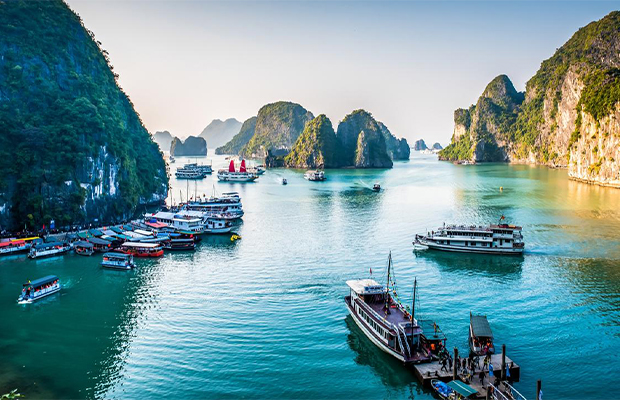
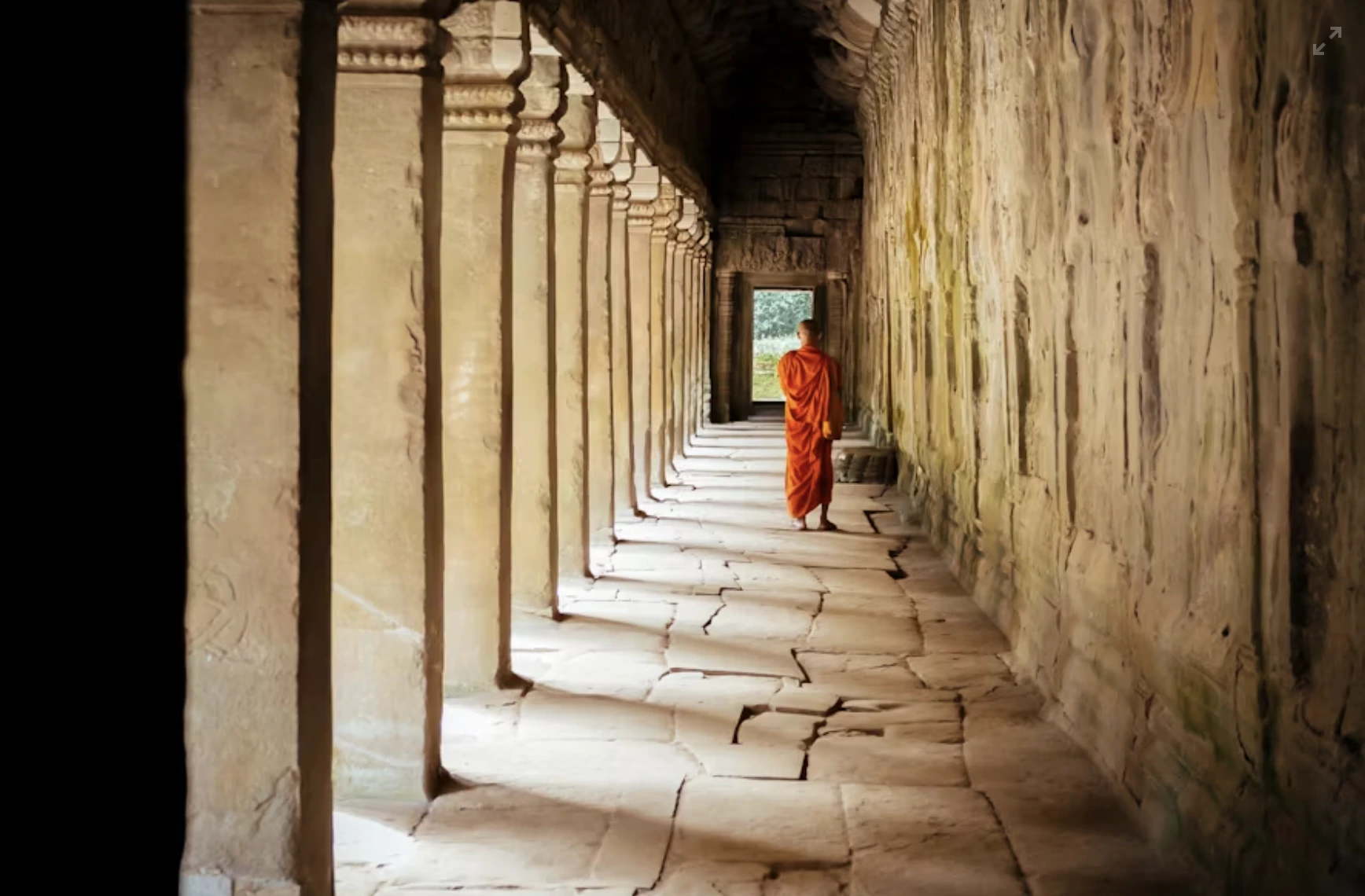
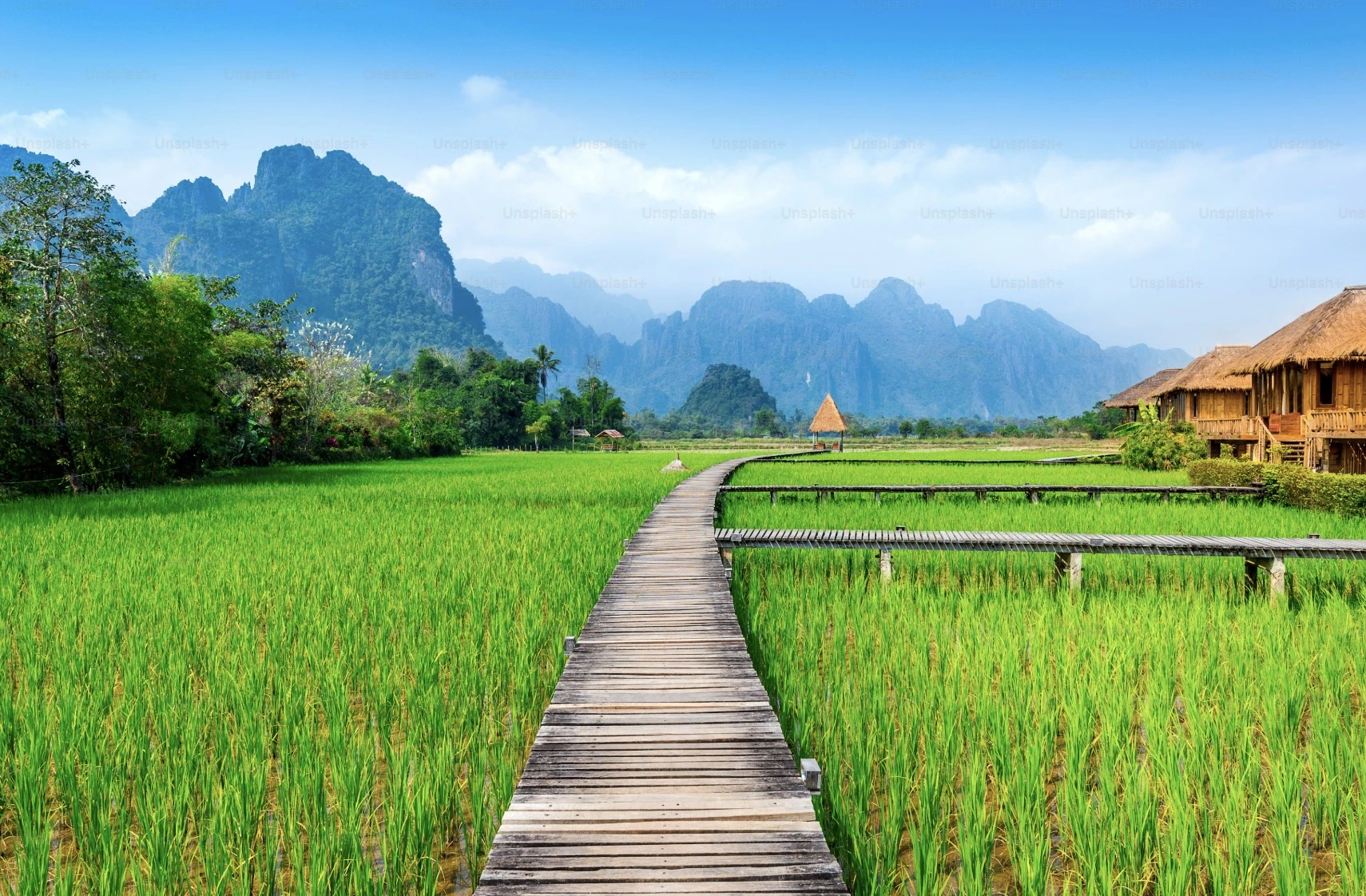
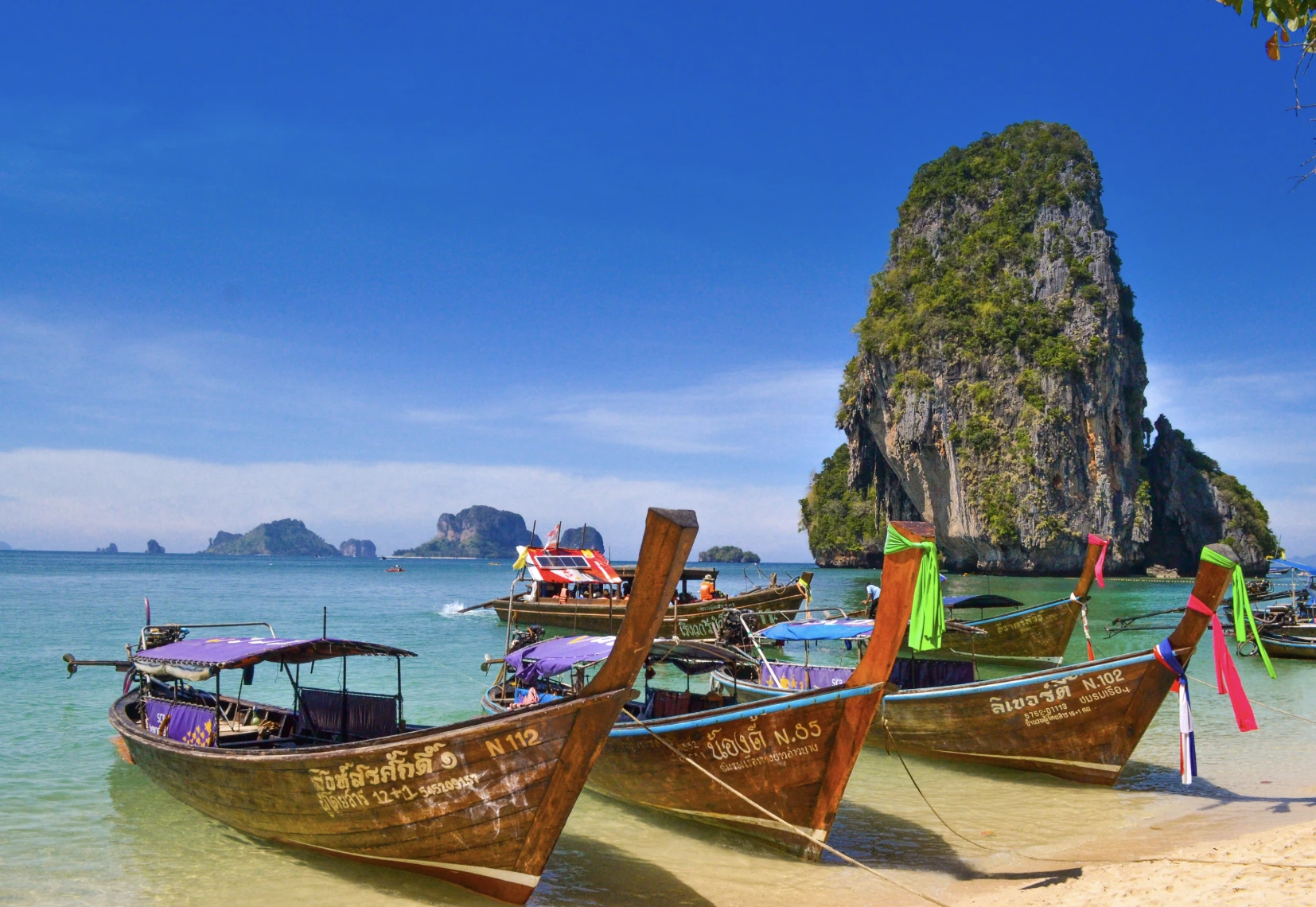
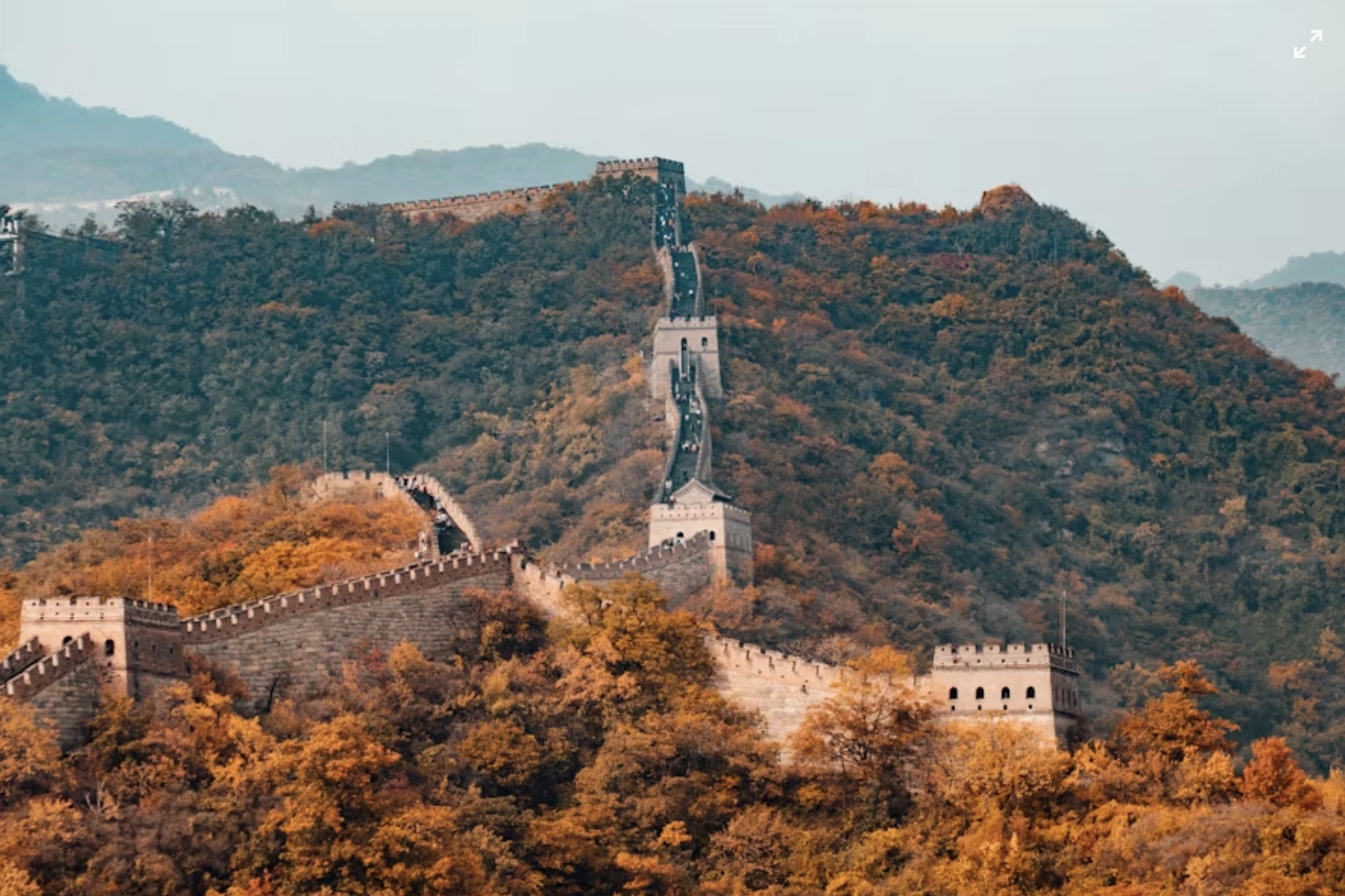


















.jpg)

